Press
Press releases
325–336 of 725
German Environment Agency launches air quality app for Android and iPhone devices
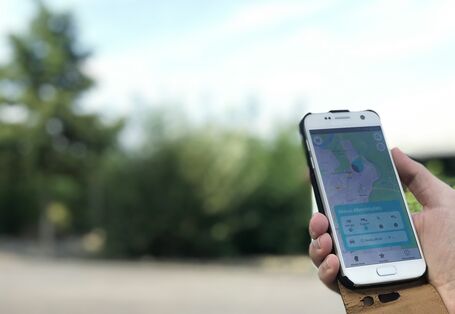
Up-to-date measurements of particulate matter, nitrogen dioxide and ozone pollution available from 400 measuring stations
Plenty of sun and wind sets electricity records in Germany
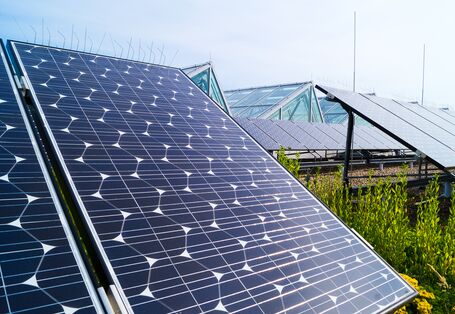
In the first half of 2019 electricity produced from renewable energies made notable gains over the same period in the previous year. During the first six months of the year production was around 129 billion kilowatt hours, about 10 percent more than the same period in 2018 (+ 12 billion kWh). But the rate of new build of wind energy turbines has slowed in 2019.
45%-target collection rate for WEEE reached in 2017
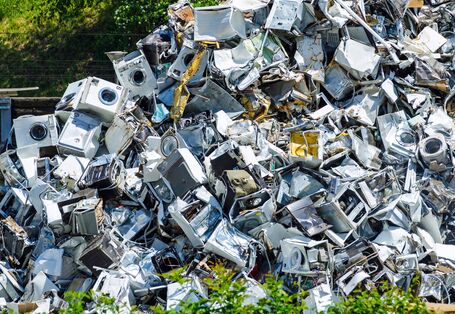
More than 800.000 tonnes of refrigerators, dish washers and other appliances were collected in 2017.
Healthy all summer long

Summer, sun, holiday time and bathing fun: summer is the most wonderful time of the year for many people. However, the recent hot summer of 2018 showed that good health is as important as fun and relaxation. A new publication by the German Meteorological Service (DWD) and German Environment Agency (UBA) talks about how to handle the "shadow side" of summer.
More environmental protection in e-commerce

Round-the-clock shopping and (from) anywhere at all – e-commerce makes it all possible. As a result, much of the goods traded are often returned and all too often destroyed.
2018 data on air quality: 57 cities exceed the NO2 limit value
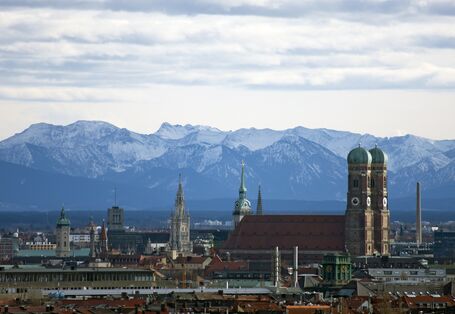
German Environment Agency publishes “Gesunde Luft“ magazine on air pollution
Online citizen dialogue "GesprächStoff Ressourcen" sparks talk about resource efficiency

From 12 June to 16 July interested citizens can submit their ideas and suggestions for the German federal government's resource conservation policy. Their proposals will be taken into account in the update of the German Resource Efficiency Programme ("ProgRess") .
Digitalisation can make consumption more sustainable

Personalised advertisement, instant delivery, virtual shopping assistants and contactless payment show that consumption and digitalisation have become closely linked. A new report from the German Environment Agency (UBA) says it is not yet known whether this link will lead to greater pollution. The current analysis is that digitalisation offers good opportunities to use resources more efficiently.
Plastics in the environment
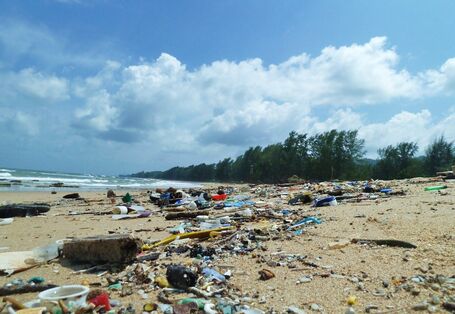
New UBA study: Numbers, background information, research needs, and measures to combat the plastic flood.
Top marks for Germany's bathing waters

Vast majority of bathing waters in Germany rated 'excellent' or 'good' water quality in 2018.
Emissions trading 2018: German installations cut emissions by 3.5 per cent

The 2018 emissions of the roughly 1,870 stationary installations in Germany recorded in the European Emissions Trading System (EU-ETS) amounted to around 422 million tonnes of carbon dioxide equivalents (CO2eq). This is a 3.5-percent decrease compared to the previous year. The decline in emissions is chiefly due to lower emissions in the energy industry.
Working to achieve greenhouse gas neutrality at the German Environment Agency
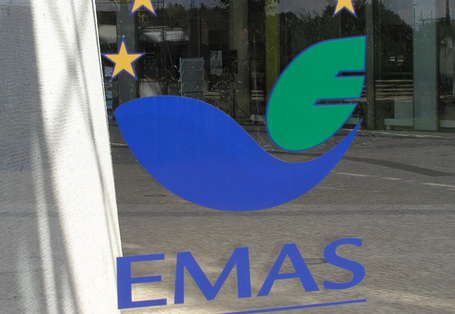
Whether it is the construction of plus-energy buildings, cutting the numbers in the vehicle fleet, more electric mobility, less meat served at the office canteen, or procurement of supplies that bear the Blue Angel ecolabel, UBA aims to show how public authorities can take action for the sake of the climate.